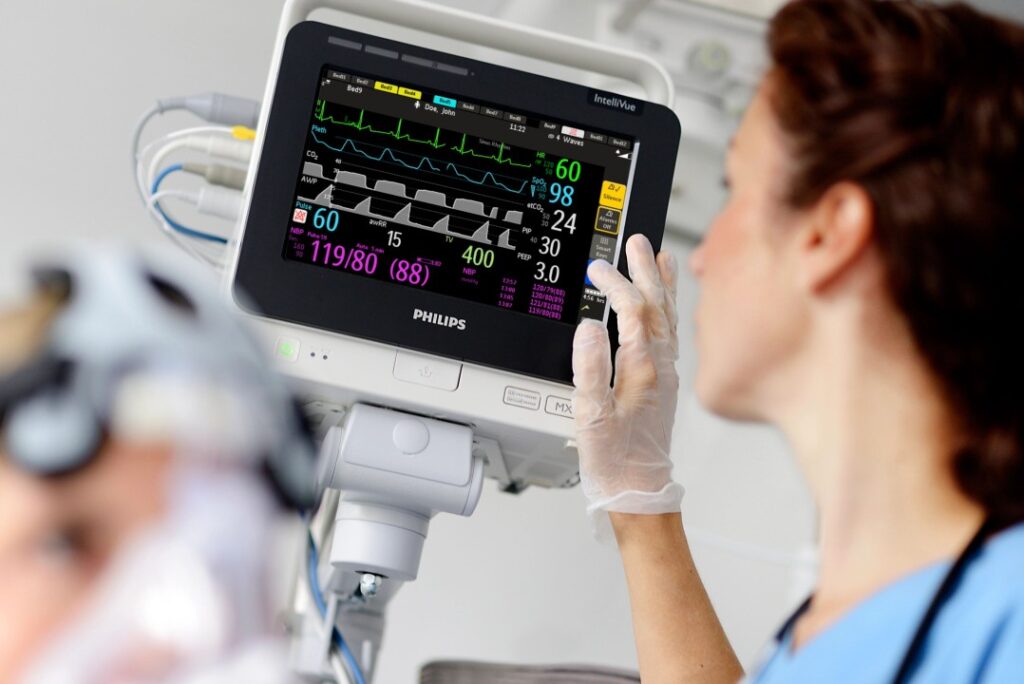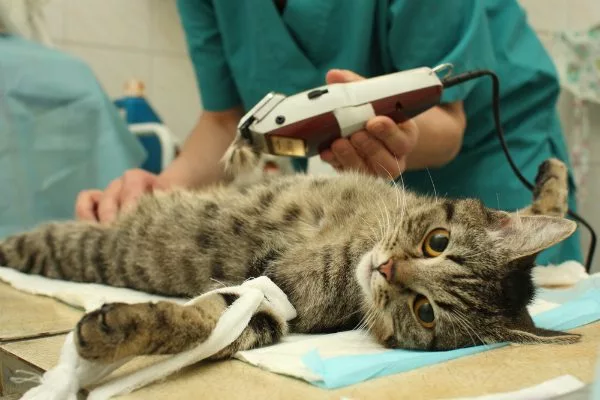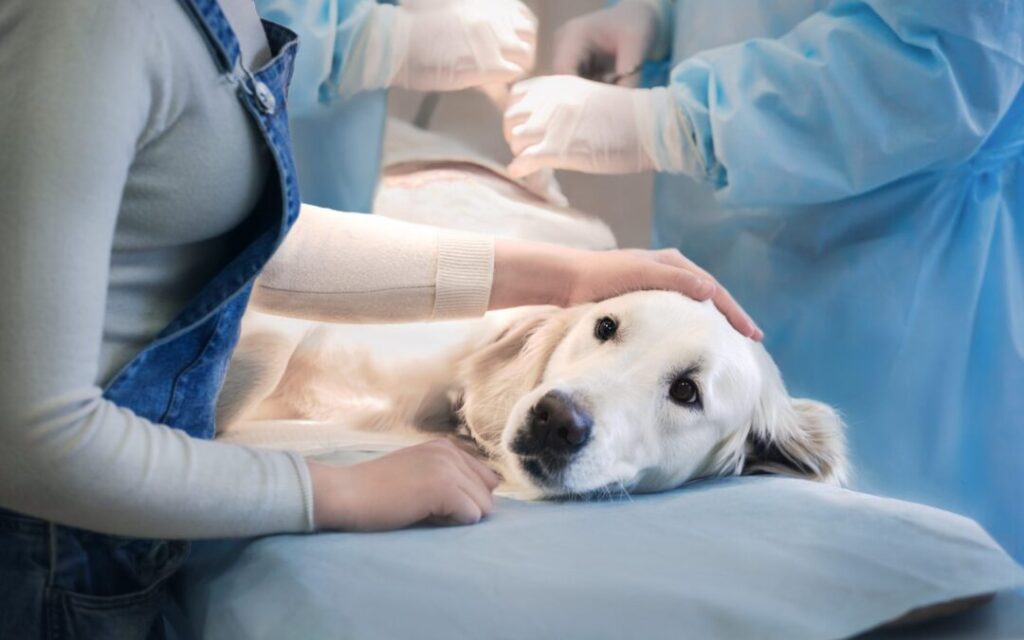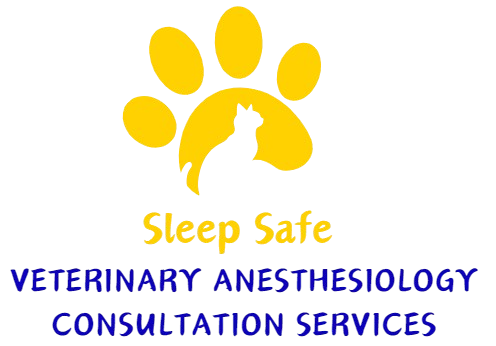The Vital Role of Consulting in Managing Anesthetic, Monitoring, and Analgesic Concerns
Administration of anesthesia is a complex process that requires meticulous planning, monitoring, and post-operative care. This is where the expertise of a veterinary anesthesiologist becomes indispensable. Consulting our anesthesiologist can significantly enhance the management of anesthetic, monitoring, and analgesic concerns, ultimately leading to better outcomes for your patients.
Effective monitoring is a cornerstone of safe anesthesia. Continuous monitoring allows for the early detection of potential complications, such as respiratory depression, hypotension, or arrhythmias. By sharing your concerns with any of those issues with our team, you can determine the problem and intervene swiftly to make necessary corrections and stabilize the animal.
Veterinary anesthesiologists are adept at using advanced monitoring equipment and techniques to closely observe the animal’s vital signs during the anesthetic procedure. If there are conditions that concern you for the safety of the patients during anesthesia. In that case, our expert anesthesiology team can assist you via interpretation of the data from monitoring devices, such as electrocardiograms (ECG), pulse oximetry, capnography, and blood pressure monitors, and address your anesthetic concerns in real-time. This approach significantly reduces the likelihood of adverse events and ensures that the animal remains in a stable condition throughout the procedure.


Comprehensive Pain Management
Pain management is an integral part of veterinary anesthesia, both during and after the procedure. Veterinary anesthesiologists possess a deep understanding of the different types of pain (acute, chronic, neuropathic, etc.) and the most effective strategies for alleviating it. Our expertise can assist you in providing the best possible integrative methods to control pain in your patients, well beyond just using opioids and nonsteroidal anti-inflammatory drugs (NSAIDs).
During consultation, our anesthesiologist will develop a comprehensive pain management plan tailored to your patient’s specific needs. This plan may involve multimodal analgesia, which combines different classes of pain-relieving medications in addition to the techniques to achieve synergistic effects and enhance pain control.
By addressing pain proactively, our team can help you improve your patient’s comfort, promote faster recovery, and prevent the development of chronic pain conditions.
Post-Anesthetic Care and Follow-Up
Post-anesthetic care is critical for ensuring your patients’ smooth recovery and minimizing the risk of complications. Our anesthesia and analgesia expertise can provide the necessary guidance on post-operative monitoring, pain management, and supportive care. We also offer recommendations for addressing any potential side effects or complications that may arise after anesthesia.
Consultations with our anesthesiologist are essential for evaluating the animal’s recovery progress and making any necessary adjustments to the pain management plan. This collaboration ensures that the animal continues to receive optimal care and support during the post-anesthetic period.
By leveraging the skills of a veterinary anesthesiologist, veterinary practitioners can enhance the quality of care provided to their patients, ultimately leading to better outcomes and improved animal welfare.

